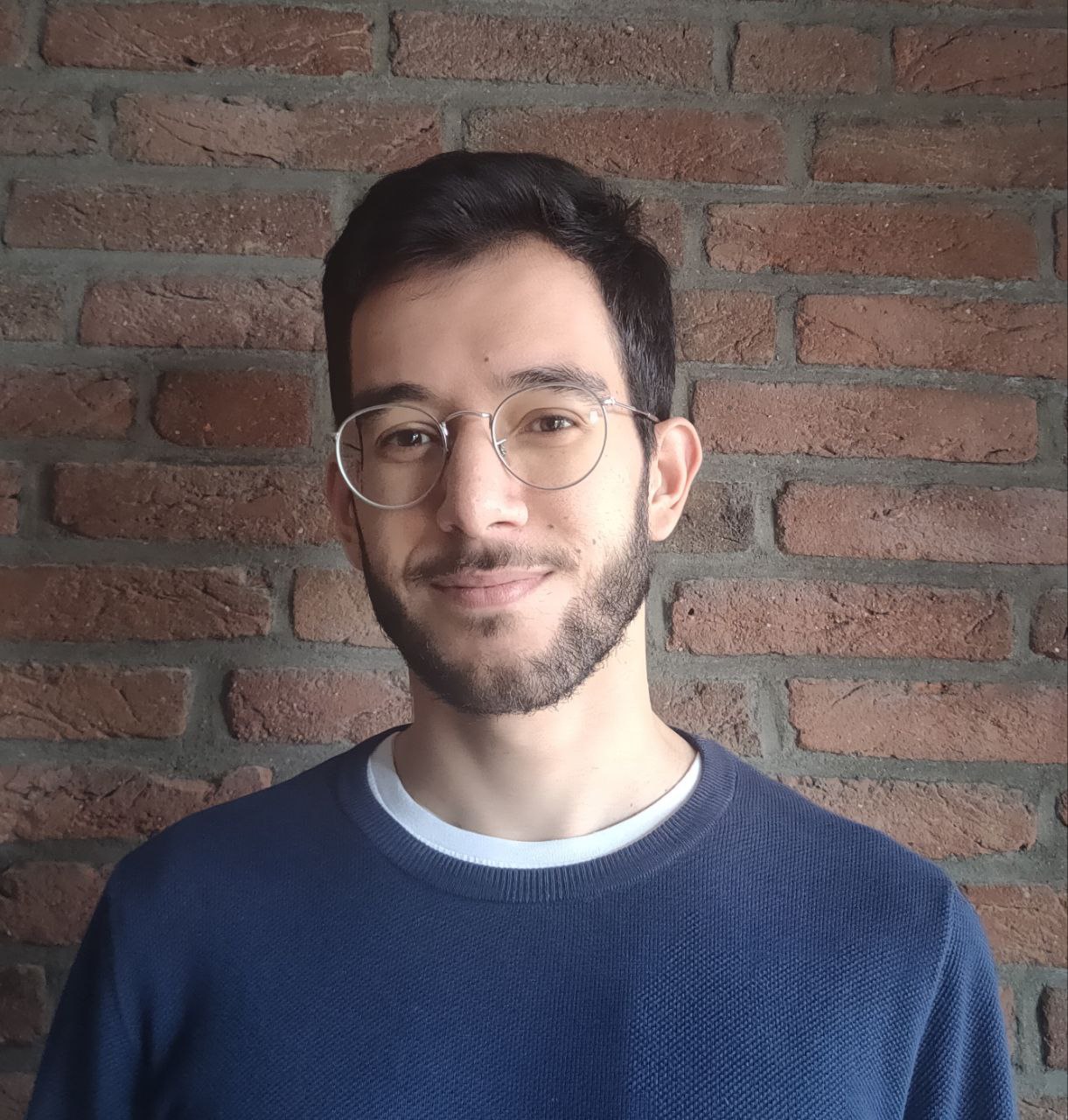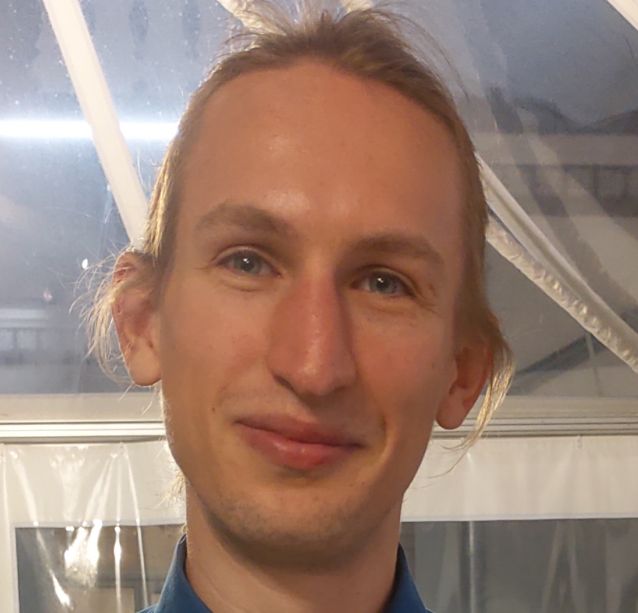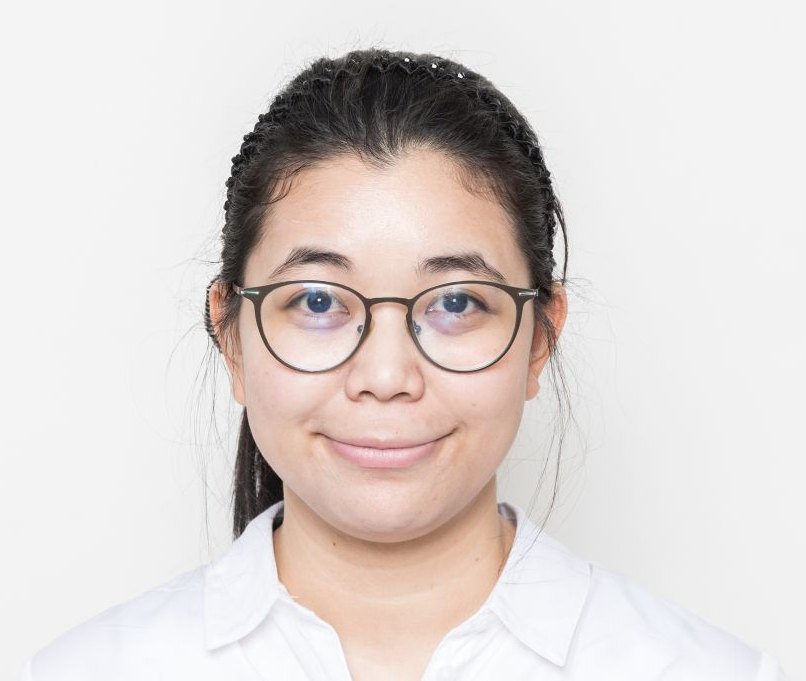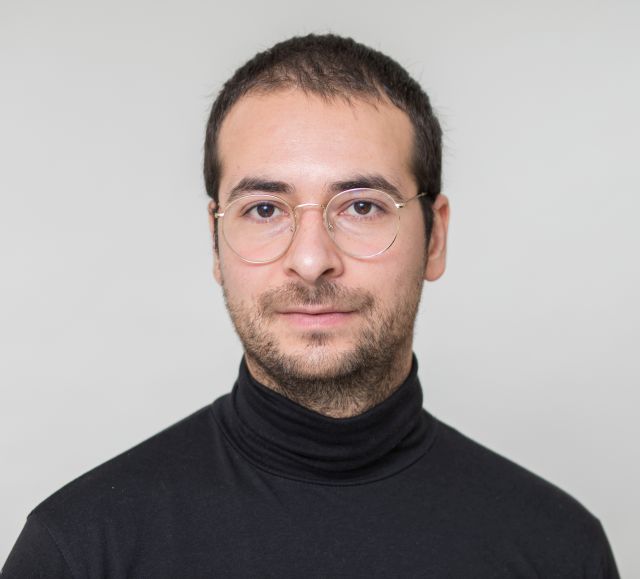Pascal Stienemeier - Interview
PORTRAIT | Alumni / Education / Interview / PHGS
Pascal Stienemeier completed his doctoral studies in the field of Theoretical Particle Physics in 2022 at the Universität Hamburg. His dissertation with the title “Automation and Application of fixed-order and matched NLO Simulations”, supervised by Jürgen Reuter and Gudrid Moortgat-Pick, was located in the DESY Theory Group on Campus Bahrenfeld. In an interview with us, he talks about his membership in the PHGS program.
Can you name special features about your research group?
The DESY Theory Group unites three subgroups focusing on Cosmology, String Mathematical Physics and Collider Phenomenology. For this reason, many different subjects are represented within the group allowing each member to gain insights far beyond one’s own focus.
The nationalities of group members are as diverse as the research topics, especially among the younger researchers making it a very international environment.
During my time as a doctoral researcher, I belonged to the Collider Phenomenology subgroup. Here, we focus on developing theories and predictions for existing and future particle colliders.
Did you have further research interests during your doctorate?
My research interests focused on Collider Phenomenology and the application of large computing facilities to simulate predictions for future linear colliders.
Can you describe in one or two sentences what you particularly liked (most) about your academic/working environment during your doctorate?
About the academic work environment, I particularly liked the enthusiasm of my fellow researchers to tackle and solve hard, often even unsolved problems. I also enjoyed the flat hierarchy w.r.t. scientific questions manifesting in the fact that reason is always taken to be more important than position.
Which offers of the PHGS did you use during your doctorate?
I attended the onboarding meeting with Stefanie Tepass and signed up for transferable skills trainings. Moreover, I participated in the PIER PhD Seminar, the PIER Graduate Week, made requests to the PHGS office and prepared regular interim reports. Finally, I received the PHGS Certificate and PHGS Transcript of Records.
How did you benefit from the offers of PHGS? From which 3-4 offers have you benefited the most and in what way?
The most significant benefit of being a member of the PHGS is the emotional as well as organizational support from an institution orthogonal to existing employment structures. Especially filling the Interim Reports is a regular reminder to evaluate one’s progress and be reminded of the set goals. Methodologically related to work, the programming courses I took proofed to be valuable during my time as a doctoral researcher as well as after the transition to industry. The PIER PhD Seminar offers a unique opportunity to practice explaining one’s work in a way more suited for the general public which is a crucial skill when applying to any future employer.
Would you recommend the membership in the PHGS to other doctoral researchers? If yes: Can you describe in one or two sentences why you think the PHGS is a useful institution for future doctoral researchers?
Yes, definitely. There are lots of benefits of being a member of the PHGS, most importantly organizational and methodological support. Moreover, without a graduate school like the PHGS, doctoral researchers would miss the opportunity to extend their field of view beyond the own research and the opportunity to develop not just their hard - but also their soft skills which are very valuable for any future career. Also, there is no disadvantage at all in joining the PHGS.
How did you benefit from the offers of DOIT (Doctoral Initiative)?
I participated in almost every DOIT meeting during my time as a doctoral researcher. I mostly benefited from the company of fellow doctoral researchers who often have similar problems than oneself. It feels very reassuring to have a voice on campus that we know is heard.
I also participated in almost every “DOIT looks out of the box”- meeting, a.k.a. “DOIT Job Seminar”. It has always been very successful in terms of participants and is by far the best way of giving the doctoral researchers an awareness for their own capabilities and possibilities after the completion of their doctoral program. It is the main source for a career perspective outside academia.
Can you describe in one or two sentences why you think DOIT (Doctoral Initiative) is useful for doctoral students of the PHGS?
DOIT is the number one address for ideas and problems concerning the majority of doctoral students. DOIT offers the ideal environment to form social bonds between doctoral researchers across the many different fields on the DESY Campus due to the organization of many different activities and meetings. More than that, DOIT offers organizational support for foreign doctoral researchers unable to cope with the German bureaucracy and it is for many doctoral researchers the only source of understandable information about their rights as employees, protecting them from exploitation.
Side note: It is a substantial problem for DOIT and future doctoral researchers that DOIT now lacks the financial means to continue organizing scientific and social events in the same way it did during my time as a doctoral researcher.
What were your favorite place/s in Hamburg during your doctorate (and why)?
My favorite place in Hamburg during my doctorate was the Niendorfer Gehege. It is a forest with fenced game close to my flat. I was very thankful to be able to spend an hour a day out in the nature during the time I spend working in Home Office.
Can you describe in one or two sentences what you particularly like (most) about your life in Hamburg or Hamburg as a city? How bad is the weather really in Hamburg?
I particularly like the broad cultural activities the city of Hamburg offers as well as the expanse of water present across the city in forms of lakes and rivers, brightening up the gray of the city.
Please finish the following sentence: I never regret to have come to Hamburg because…
… I enjoyed the time I spent here.
Do you have a personal advice for all doctoral candidates?
Use the courses the PHGS offers as means to work on yourself rather than on your research. This proves to be more valuable in the long run.








